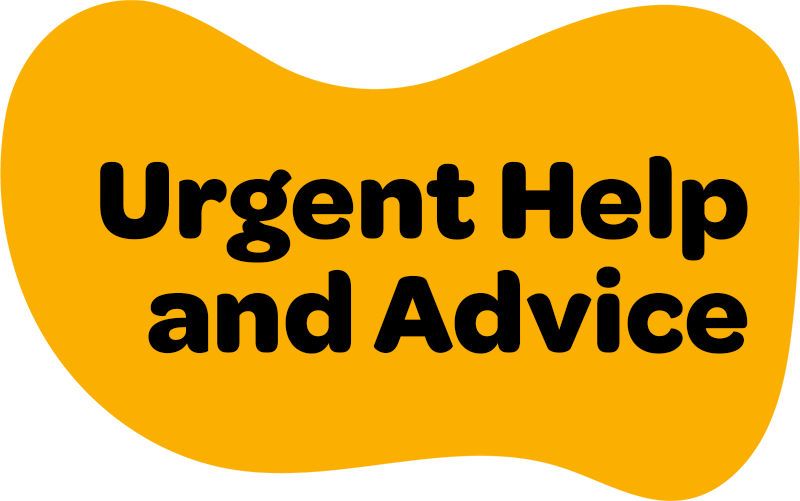



vox scotland
Advance Statements
Your chance to say how you want to be treated.

What is an Advance Statement?
The 2003 Mental Health Act states that if you have a mental health condition, you can write an Advance Statement describing how you’d like to be treated if you become unwell and experience difficulty in expressing your views. Doctors and other people providing treatment must respect the points you make in your Advance Statement.
What does an Advance Statement cover?
– what medication or treatment works well for you
– what treatment(s) you do not want (e.g. medication that has caused unhelpful side effects in the past)
– where you’d like to receive treatment (e.g. in the community or in hospital)
Some examples of what people have said in Advance Statements:
“I don’t want medications which make me put on lots of weight”
Who completes an Advance Statement?
Is an Advance Statement legally binding?
How does an Advance Statement help?
Does it need to be signed and witnessed?
Print a blank Advance Statement form by clicking on the links


VOX Scotland is a national membership organisation, open to all people in Scotland with lived experience of mental health difficulties. We represent the views of our 500+ individual, group, and associate members to politicians and health professionals – making sure that Scotland’s laws and mental health services reflect their needs and interests.
Company Info
Company Limited by Guarantee
No 361753
Registered Charity in Scotland
No SC040646
Terms & Conditions

Contact Us
VOX Scotland
Floor 2,
Moncreiff House,
69 West Nile Street,
Glasgow
G1 2QB
0141 226 9856
Social Media
Join Vox
We focus on the issues that matter to our members and undertake research and provide training to make sure our members views are heard. We are open and transparent and share our work with a national audience.
Memberships
